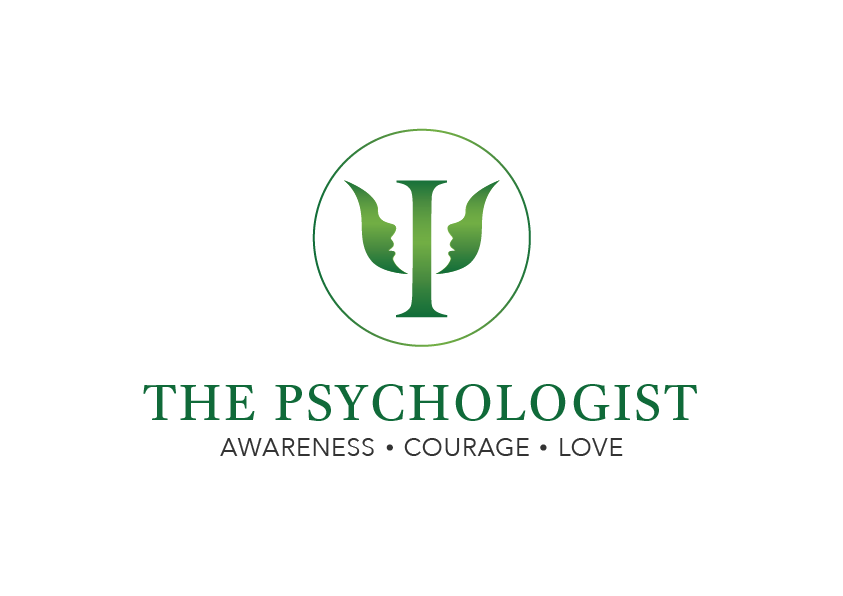Adulting is Hard: Why It Feels That Way and How to Cope
"Adulting" is more than just a TikTok trend or a sarcastic hashtag; it captures the real and often overwhelming experience of transitioning into the responsibilities and expectations of adulthood. While it might look like everyone else has it together, the truth is that many are struggling with the invisible weight of doing life without a manual.
What is Adulting, Really?
Adulting refers to the process of taking on adult roles and responsibilities — things like paying bills, managing time, making appointments, budgeting, doing household chores, navigating careers, relationships, and more. It involves emotional maturity, self-regulation, and practical life skills, all of which are expected to emerge as you transition from adolescence to adulthood. But no one teaches you exactly how to do it all.
Why Does Adulting Feel So Hard?
Research suggests several reasons:
Lack of preparedness: Many individuals report entering adulthood without essential life skills like budgeting, time management, or emotional regulation.
Perfectionistic pressure: Social media creates unrealistic comparisons. Everyone else seems to be thriving, which can make your struggles feel like personal failures.
Increased uncertainty: The job market, rising living costs, and climate anxiety make it harder to plan for the future.
Emotional weight: Adulthood often involves grief, loss, and decision fatigue, yet mental health support isn’t always accessible or encouraged.
Studies (e.g., Houy et al., 2024) show that even college-educated individuals often lack confidence in their adulting skills, and structured programs like "Adulting 101" can significantly boost self-efficacy and emotional resilience.
Common Struggles
Feeling like a failure for not having a 5-year plan
Guilt for resting
Overwhelm from juggling multiple roles (worker, child, friend, partner)
Loneliness from disconnection or unrealistic social comparisons
What Can Help?
1. Build skills gradually Start with what feels manageable. Learn to budget before investing. Cook one new recipe a week. Master your calendar.
2. Reject perfectionism Mistakes and messiness are part of the process. The goal isn't to be perfect, it's to be growing.
3. Acknowledge the emotional work Adulting isn’t just practical—it’s emotional. Give yourself permission to grieve transitions and celebrate small wins.
4. Create your support village Friends, family, mentors, and even professionals can make a difference. You don't have to figure it all out alone.
5. Consider therapy Therapy isn’t just for when you’re in crisis. It’s also for building emotional skills, clarifying values, and making meaningful life choices.
What to Avoid
Comparing your journey to others’ highlight reels
Believing you're "behind"
Waiting until burnout to ask for help
If adulting feels like a mess, you're not broken—you're becoming.
Learning to adult well is less about having all the answers and more about developing self-awareness, agency, and support. And you don’t have to do it alone.
Looking for a space to make sense of it all? Our psychologists can help you make meaning of your journey, build confidence, and navigate life with greater clarity. Reach out to schedule an appointment today.
